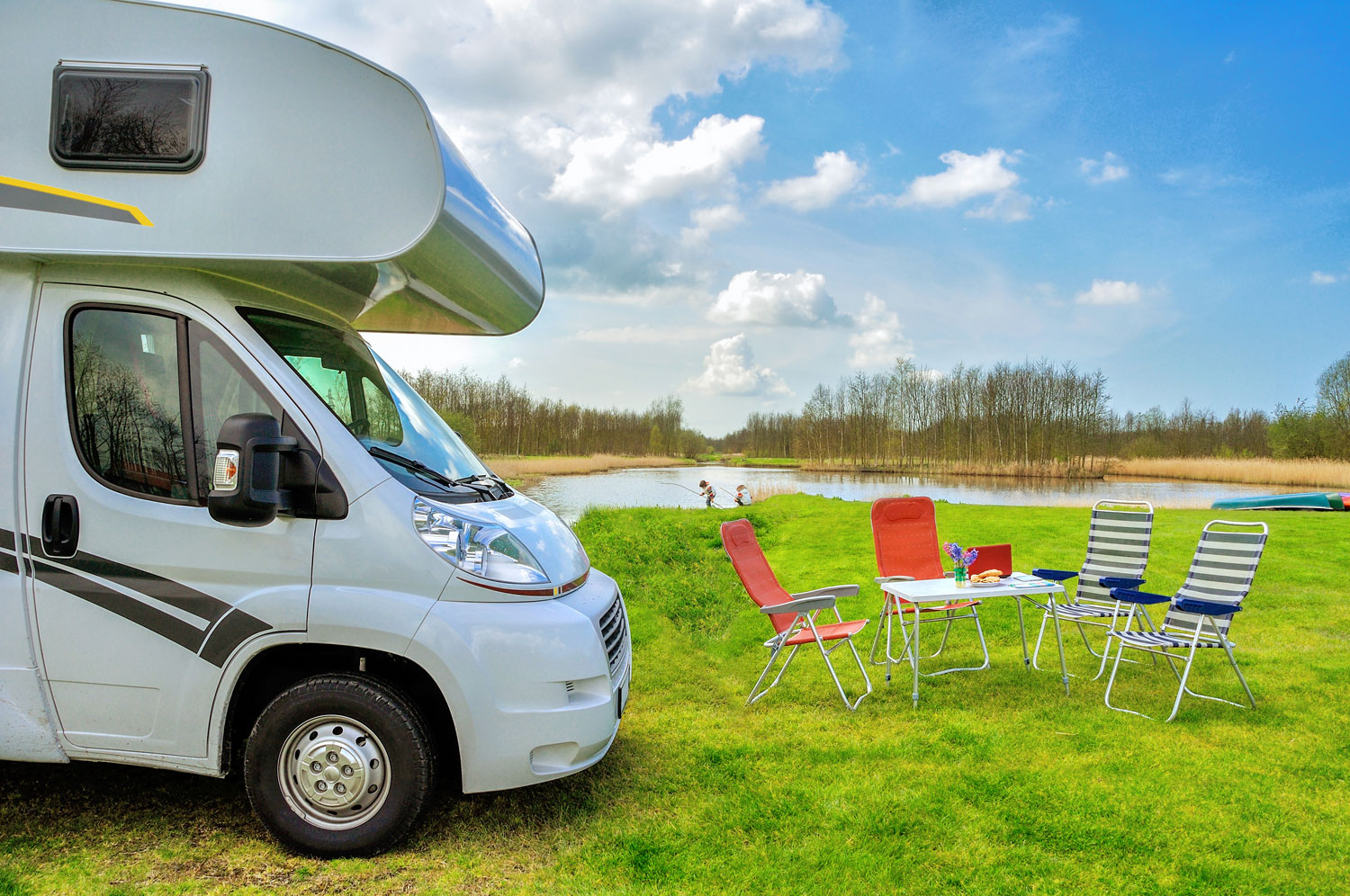Just like any vehicle, RVs need preventive maintenance to keep it operating out on the open road. With proper care, RVs will return many happy hours of travel and pleasure.
- Engine – Have your engine serviced and the oil changed to maintain a smooth, safe ride. For added safety have the technician check out:
- Check all fluids
- Hoses, filters, and belts
- Brakes
- Lights and turn-signals
- Batteries– Turn off all appliances that utilize battery power. Carefully clean all connections on the batteries. Check battery’s fluid levels, and refill with distilled water. To avoid getting stranded, have the battery tested before you hit the road again.
- Generator– Generators that haven’t been run for a while can be difficult to start. The fuel lines need to be checked, and the tank should be full. After getting the generator started, and it’s been running a while, check the oil levels. Inspect the air filter for insect nests and if it’s clean. Replace filter for better performance.
- Check the tires and the RV’s exterior – Tires need to be checked and replaced if deep cracks between the treads and cracks on side-walls are found. Tire pressure to needs meets the owner’s manual recommendations. Proper air pressure helps with gas mileage and deters damage to the tires. Also check the RV’s exterior for leaks that damage the interior and personal items. Replace dried-out caulking around vents, windows, doors, air conditioners.
- Water tanks and hoses – It’s imperative to test all the water lines and pipes. Close all of the water heater’s bypass valves and faucets before filling. After a few minutes reopen all faucets to get the air out of the pipes while filling the tank. When the sputtering stops, turn off faucets. Also check the fresh-water pump water level.
- Waste-tank hoses and valves – Before inspecting the waste-tank, take the RV to a dump station. Do not remove or open tank valves unless you have determined the tank is empty. Examine all valve seals and sewer hoses for wear and tear, or holes.
- Awnings – Examine awning fabric for runs, holes, and tears. If it is difficult to open have a professional check the spring’s tension to fix its movement.
- Liquid Propane – Check propane tanks for leaks around valves and connections and areas where there’s a propane smell. If a leak is suspected, call a professional to repair gaskets and valves.
- Appliances – Clean all appliances inside and out – checking for overwintering bugs. Turn on each machine fueled by Liquid Propane to test that they are functioning correctly.

